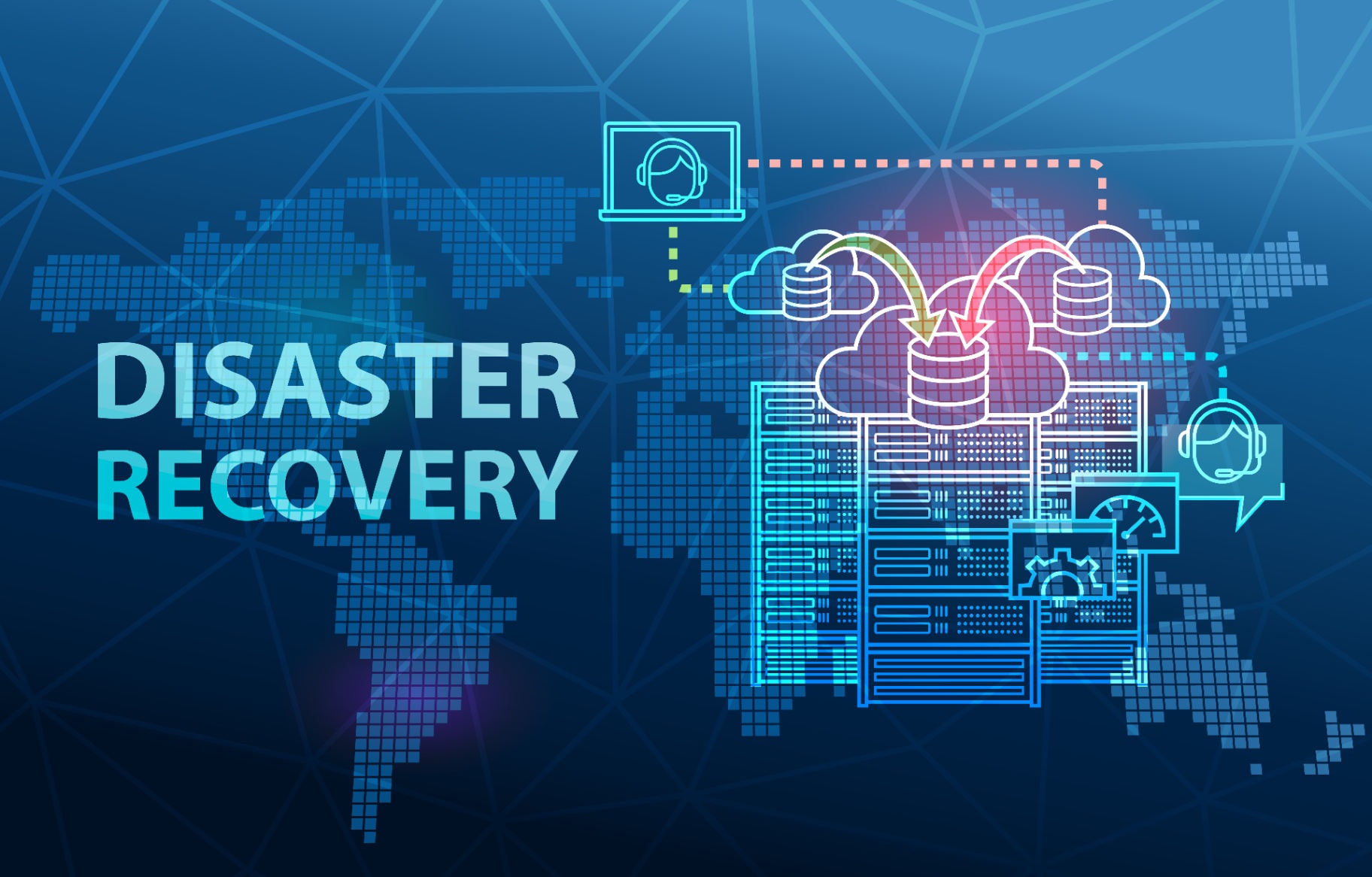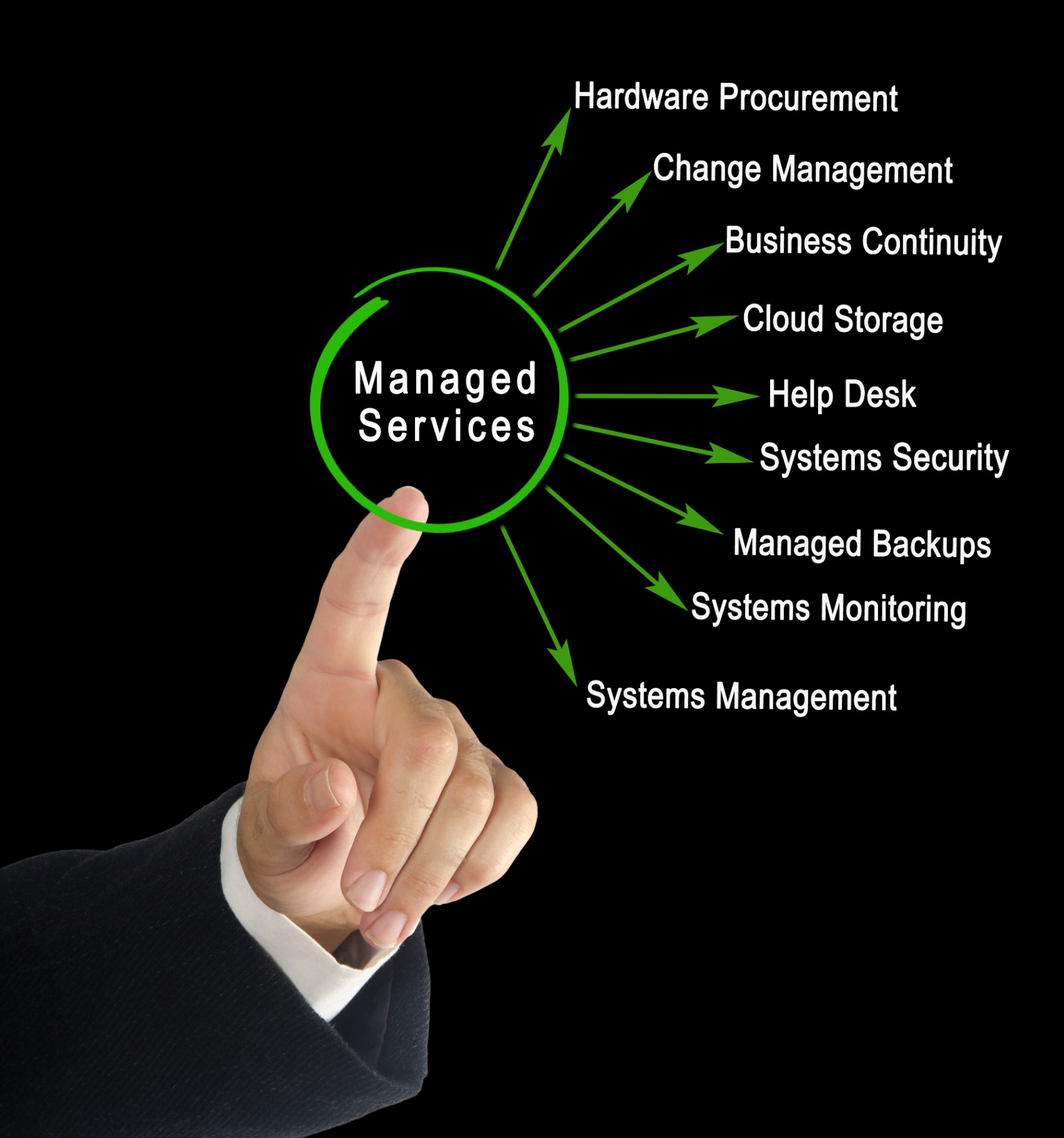Running a small or medium-sized business today means juggling countless responsibilities, and IT security often gets pushed to the back burner. But here's the thing: cybercriminals aren't waiting for you to get your act together. They're actively targeting SMBs because they know many are making critical mistakes with their managed IT services.
If you're wondering whether your business might be vulnerable, you're not alone. Studies show that 73% of SMBs don't fully trust their IT provider, and for good reason, many are making fundamental errors that leave businesses exposed to devastating attacks.
Let's dive into the 10 most common managed IT services mistakes that could be putting your business at risk right now.
1. Putting All Your Trust in Basic Network Protection
One of the biggest mistakes we see is businesses thinking their ISP's basic protection or a simple gateway appliance is enough. Here's the reality: when you rely solely on your ISP, any device outside your network is completely unprotected. And gateway appliances? They can't do anything about threats that come from inside your network.
The solution is layered protection that covers multiple attack vectors. Think of it like securing your home, you wouldn't just lock the front door and call it good, right?
2. Using Consumer Antivirus Instead of Business-Grade Solutions
We get it, consumer antivirus is cheaper and seems easier. But there's a massive difference between consumer and business-grade security solutions. Consumer antivirus puts control in the hands of individual users (yikes!), and there's no way to verify if threat definitions are actually up to date across your organization.
Business antivirus gives you centralized management, enterprise-level threat intelligence, and the administrative control you need to actually protect your business.

3. Ignoring Software Updates and Patches
Remember the WannaCry ransomware attack in 2017? It hit over 200,000 computers worldwide: and it specifically targeted systems that were missing critical updates. Yet many SMBs still treat software patching as optional.
Unpatched software is like leaving your doors wide open for hackers. Many security solutions don't automatically deploy patches, which means you need a proactive approach to keep everything current.
4. Granting Too Much Access to Too Many People
Access control mistakes are incredibly common. Businesses often give users way more permissions than they actually need, which dramatically increases the risk of both accidental exposure and malicious activity.
Proper access management means:
- Implementing role-based access control (RBAC)
- Enforcing multi-factor authentication
- Using conditional access policies
- Regularly reviewing who has access to what
5. Confusing Cloud Storage with Backup Protection
This one catches a lot of businesses off guard. Just because your data is "in the cloud" doesn't mean it's properly backed up. Even robust cloud platforms don't automatically cover all your SaaS applications or provide comprehensive backup protection.
You need proper backup policies, potentially third-party backup tools, and regular testing of your recovery processes. Our network monitoring services can help ensure your backup systems are working properly.

6. Skipping Employee Security Training
Here's a sobering fact: many malware attacks succeed because employees simply don't know what to look for. Phishing emails, suspicious downloads, unsafe browsing habits: these human factors are often the weakest link in your security chain.
Regular security training isn't just a nice-to-have; it's essential. Your employees are either your biggest vulnerability or your strongest defense: the choice is yours.
7. Weak Password Policies and Authentication
If your team is still using passwords like "Password123" or you're not requiring multi-factor authentication, you're basically rolling out the welcome mat for cybercriminals. Weak passwords combined with single-factor authentication are responsible for a huge percentage of successful breaches.
Strong password policies paired with MFA should be non-negotiable in 2025.
8. Operating Without a Disaster Recovery Plan
What happens if your systems go down tomorrow? If you don't have a clear answer, you're making a critical mistake. SMBs without proper disaster recovery plans face significantly longer downtime and higher data loss when incidents occur.
A comprehensive disaster recovery strategy includes automated backups, tested recovery procedures, and clear protocols for different disaster scenarios.
9. Inadequate Network and Endpoint Security
Your network is only as secure as its weakest endpoint. Without proper endpoint protection and network security measures, every connected device becomes a potential entry point for attackers.
This is where services like vulnerability scanning become crucial: you need to know where your weaknesses are before the bad guys find them.

10. Trading Performance for Security (Or Vice Versa)
The final mistake is thinking you have to choose between security and performance. Some businesses install resource-heavy security solutions that bog down their systems, while others choose lightweight options that don't provide adequate protection.
The key is finding low-impact security solutions that provide robust protection without hogging system resources. It's not about choosing one or the other: it's about getting both.
The Real Cost of These Mistakes
These aren't just theoretical problems. SMBs that make these mistakes face real consequences:
- Average data breach costs for SMBs now exceed $2.98 million
- Ransomware attacks cause an average of 22 days of downtime
- 60% of SMBs that suffer a cyber attack go out of business within 6 months
But here's the good news: these mistakes are all preventable.
Your Next Steps
If you're recognizing your business in any of these mistakes, don't panic: recognition is the first step toward fixing the problem. Professional managed IT services can help address these vulnerabilities through 24/7 monitoring, proactive threat management, and comprehensive security coverage.
The investment in proper managed IT services and security measures is a fraction of what you'd face in cleanup costs, downtime, and reputation damage from a successful cyber attack.

Ready to stop making these costly mistakes? The time to act is now: because cybercriminals aren't waiting for you to get ready. Every day you delay is another day your business remains vulnerable to threats that could have been prevented.
Remember, in the world of cybersecurity, it's not a matter of if you'll be targeted: it's when. The question is: will you be ready?

